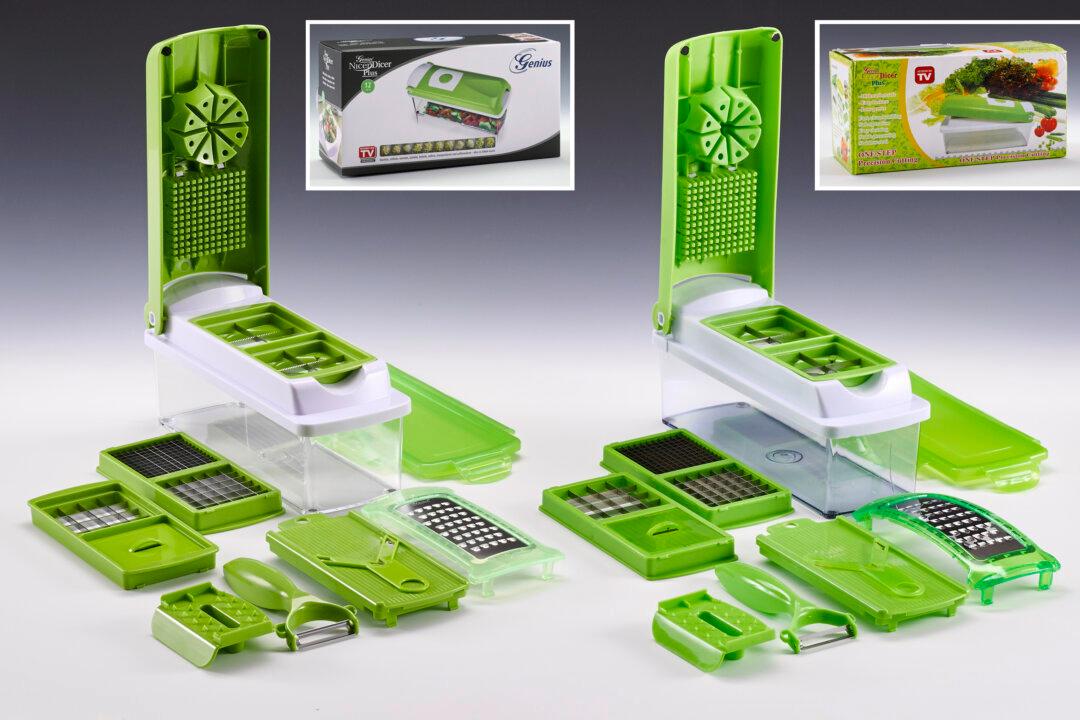China’s notorious reputation as the leading producer of counterfeit goods has officially been recognized.
Aktion Plagiarius, a German organization that raises awareness about intellectual property theft, recently awarded Chinese companies top prizes in its annual “Plagiarius” awards that name and shame imitators.





